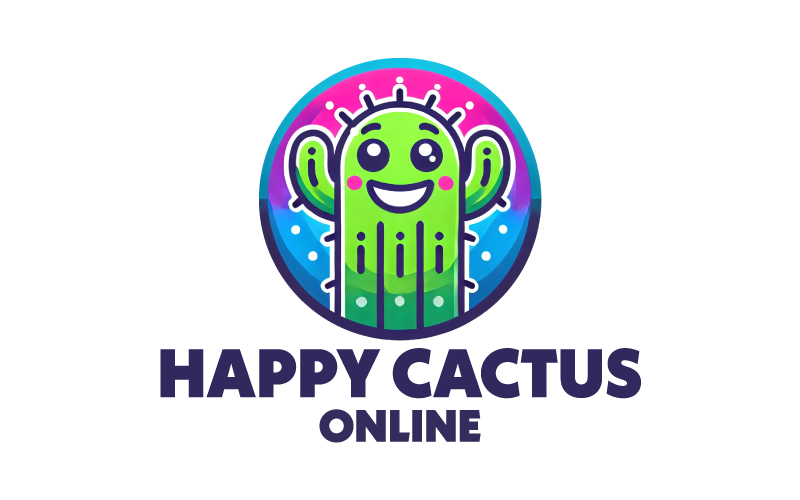Music has a profound impact on early childhood development, influencing everything from cognitive skills to emotional well-being. Playing with musical toys is one of the most engaging ways to introduce children to the world of sound, rhythm, and melody. These toys not only entertain but also serve as powerful tools for learning, offering a range of benefits that support a child’s growth in several key areas.
How Music Enhances Cognitive Skills
Musical toys are excellent for enhancing cognitive development in young children. When a child interacts with a musical toy, they are exposed to patterns, sequences, and repetition, all of which are fundamental concepts in learning. Playing with a toy that produces sounds encourages children to recognize different pitches and tones, helping them develop auditory discrimination skills. This ability to distinguish between different sounds is crucial for language development and literacy skills later in life.
Additionally, musical toys can help improve memory and attention span. As children learn to play simple songs or rhythms, they are exercising their memory recall and enhancing their ability to concentrate for extended periods. The repetitive nature of music also reinforces memory pathways in the brain, making it easier for children to remember and learn new information. By integrating play with music, children are given a fun and effective way to develop essential cognitive skills.
Physical & Motor Skill Development
Interacting with musical toys also contributes significantly to a child’s physical development, particularly their fine and gross motor skills. Instruments like drums, tambourines, and maracas require children to use their hands, fingers, and sometimes their whole bodies to produce sounds. This type of play helps refine motor skills as children learn to control their movements to create different sounds and rhythms.
Coordination is another skill that benefits from musical play. Tapping a drum or shaking a rattle in time with music requires hand-eye coordination and timing, both of which are important developmental milestones. Musical toys also encourage bilateral coordination, where children learn to use both sides of their bodies in unison or independently, a key skill for later activities such as writing or sports.
Emotional & Social Development
Musical toys are also valuable for emotional and social development. Playing music can be a joyful and expressive experience, allowing children to explore their emotions and learn self-regulation. For instance, a child banging on a drum might be expressing excitement or frustration, while softly playing a xylophone could reflect a calmer mood. This type of play allows children to process and express their feelings in a healthy and constructive manner.
On a social level, musical toys encourage interaction and cooperation. When children play music together, they learn important social skills such as sharing, taking turns, and listening to others. Group play with musical instruments can also foster a sense of belonging and teamwork, as children work together to create harmonious sounds or songs. These experiences are crucial for building confidence and developing positive social behaviors.
Conclusion
Playing with musical toys offers a multitude of benefits for early childhood development, ranging from cognitive and motor skills to emotional and social growth. These toys provide a fun and interactive way for children to explore the world of music, enhancing their ability to learn, express themselves, and interact with others. By incorporating musical play into a child’s daily routine, parents and caregivers can support their development in a holistic and enjoyable way, setting the stage for a lifetime of learning and creativity.
